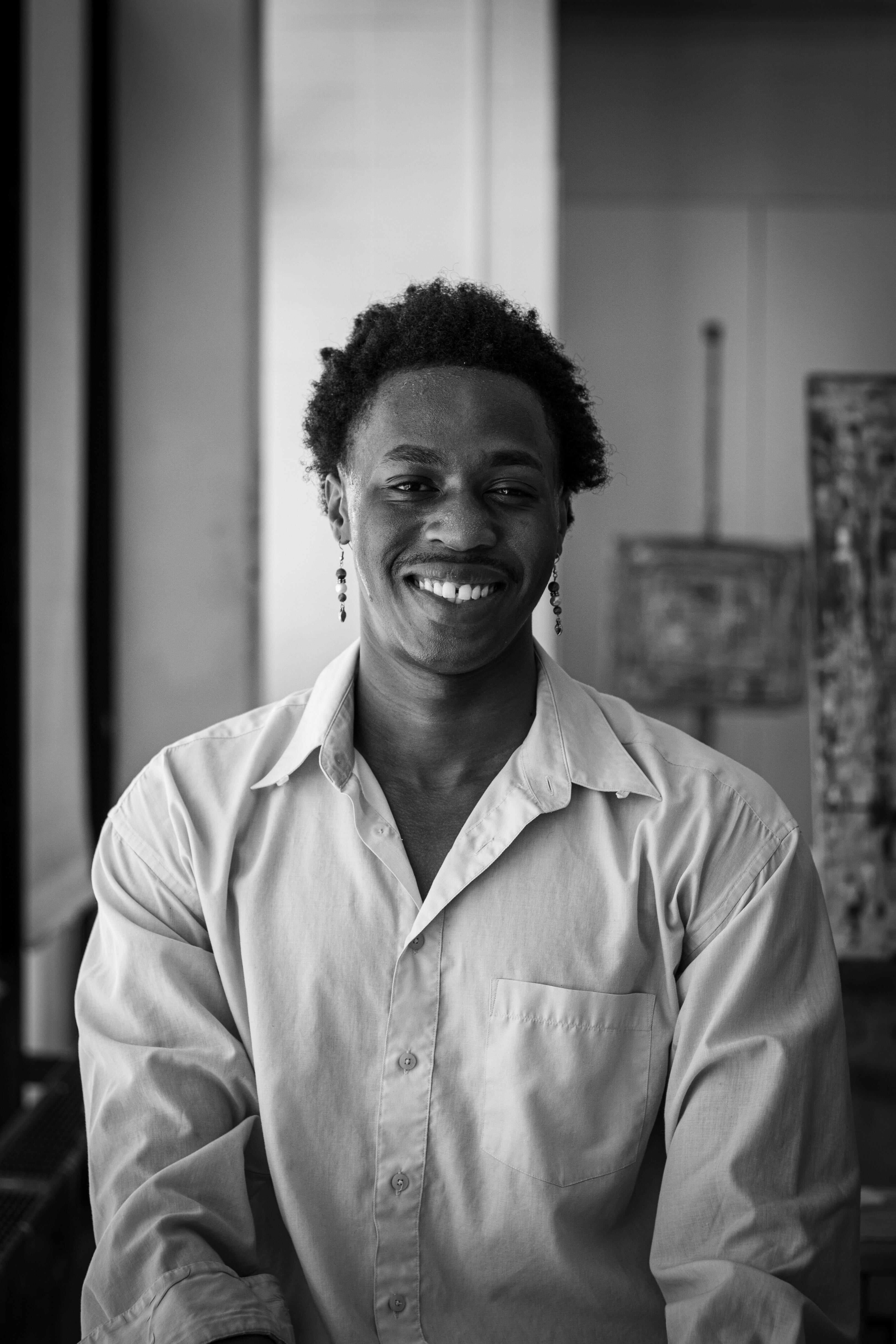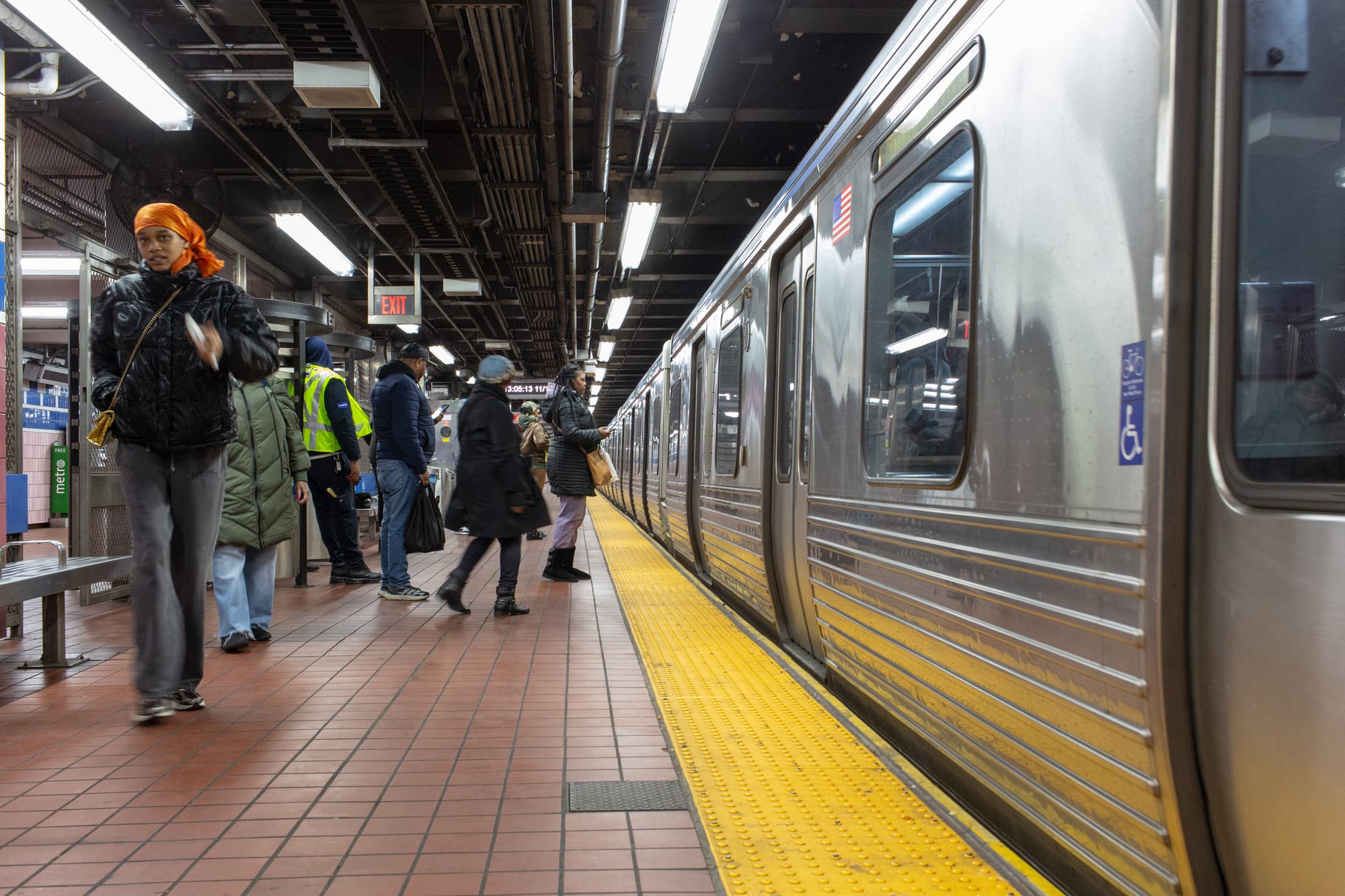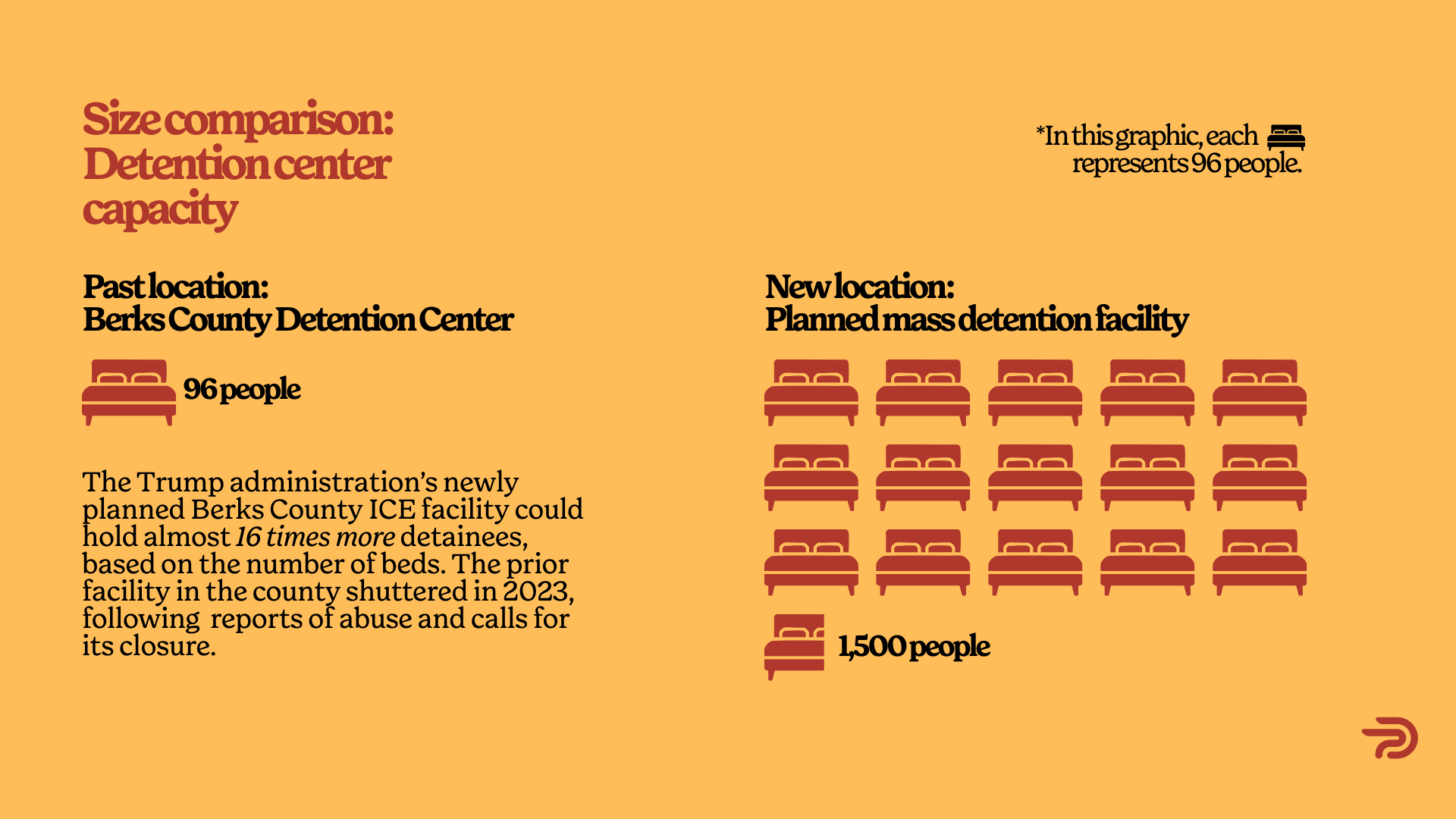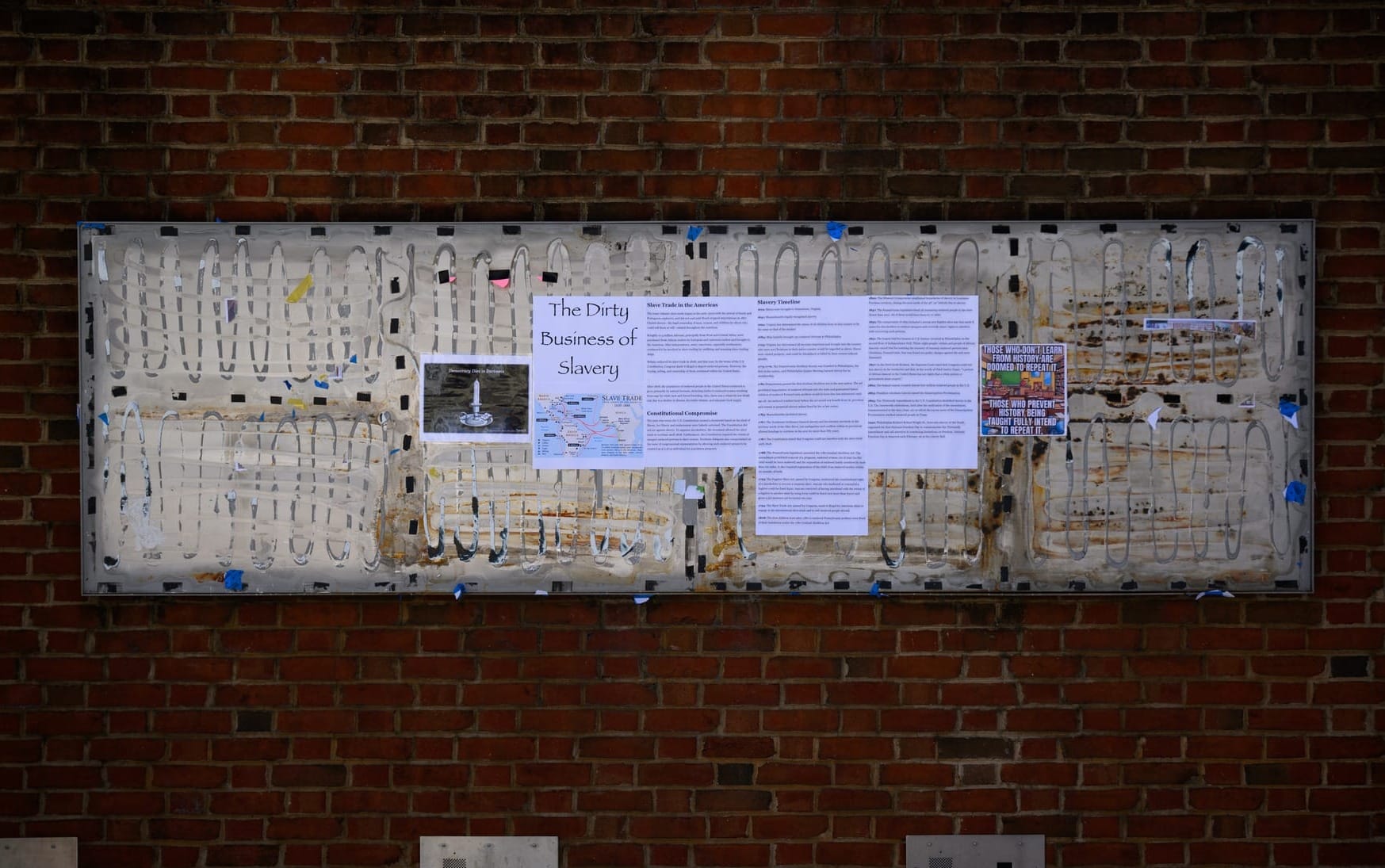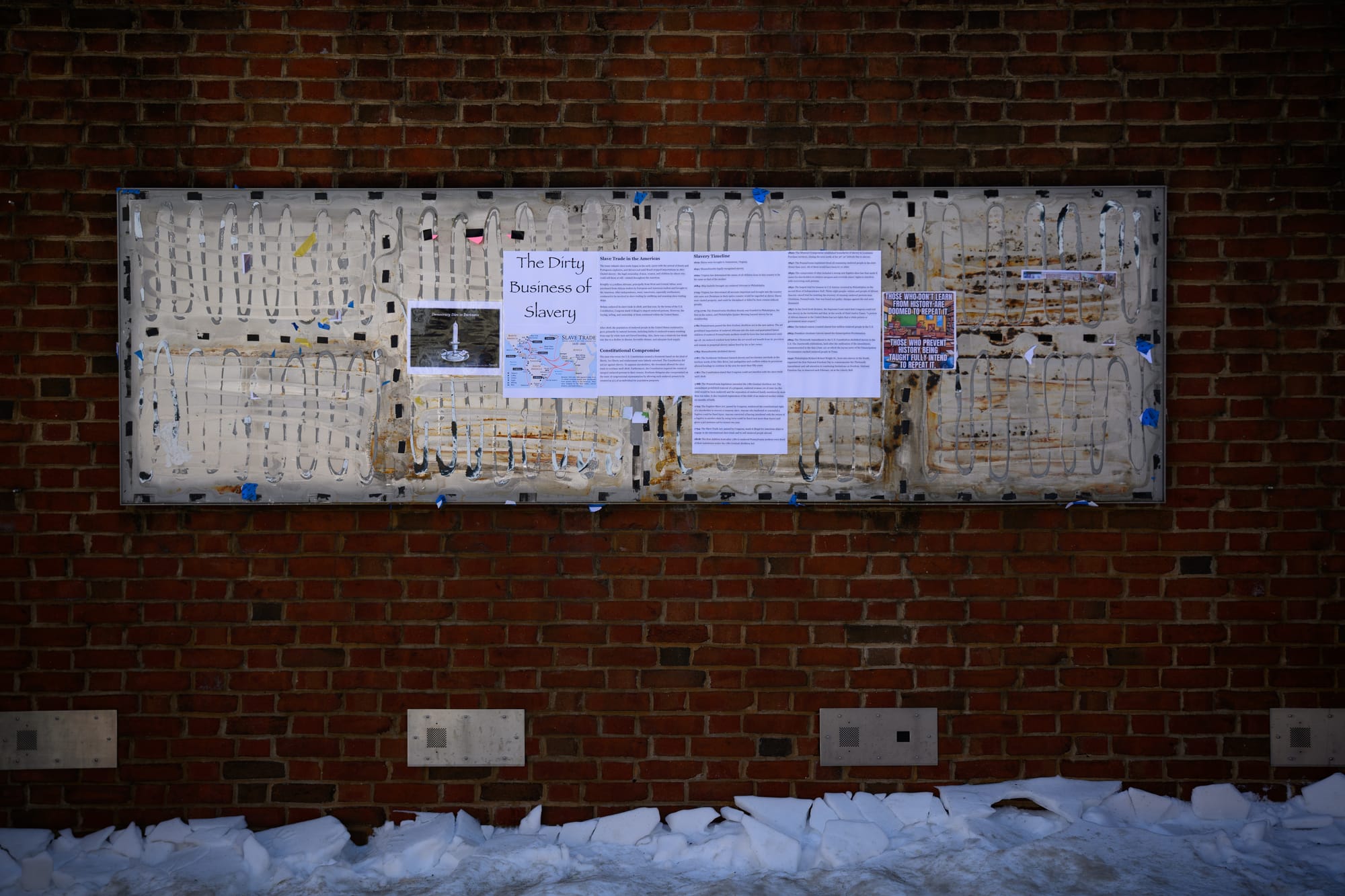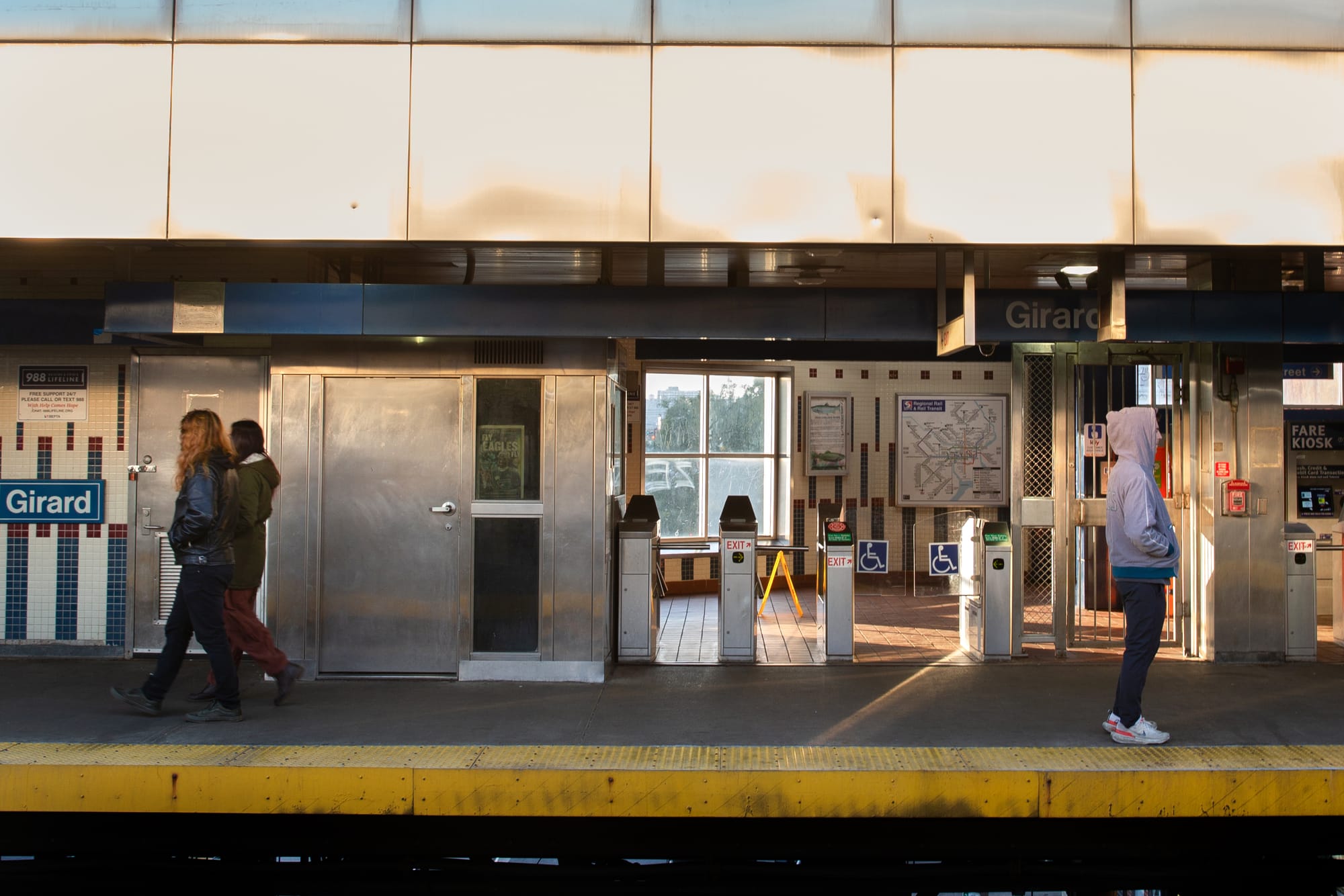Who Gets to Mourn the Wicked?
As we reach the precipice of a complete political upheaval, talks of revolution have flooded the public consciousness.
As we reach the precipice of a complete political upheaval, talks of revolution have flooded the public consciousness. The media has done their best to suppress these conversations, targeting individuals who threaten to disrupt the status quo and galvanize the masses with their ideals—two of the most prominent victims of these efforts: Luigi Mangione and Elphaba Thropp.
Wicked (2024) reimagines The Wizard of Oz, telling the story of Elphaba Thropp, the Wicked Witch of the West, before her infamous reputation. Born with green skin, she endures bullying and isolation, which only strengthens her resolve for justice. Her mission - protecting Oz's talking animals, who face state oppression threatening to silence them forever.
A voice for the voiceless, Elphaba’s empathy for marginalized people put her at odds with the state, and her commitment to resorting to radical action sealed her fate. She was labeled an enemy of the state, and rewarded with systematic vilification hinged entirely on her appearance.
Though fictional, Elphaba’s dynamic with the media and the public draws chilling parallels to how radical figures are prosecuted in today’s media landscape. As the lines blur between state agendas and media narratives, the question arises: what truly makes a villain?
A contemporary example of this dynamic is evident in the case of Luigi Mangione, the prime suspect in the killing of UnitedHealthcare CEO Brian Thompson. Mangione endured constant back pain at the expense of a tediously brutal healthcare system. Its predatory nature claimed Luigi as a victim, even despite his money and resources. Mangione’s bubbling resentment against a system governed by capitalistic interest is an exchange that’s become a pillar of the American experience.
The alleged slaying has ignited a storm of discourse over the ethics of murder versus the frustration of an exploited public. Moreover, this case has thrust the concept of “necessary evils” into the spotlight, unraveling conventional moral frameworks and public political awareness in unprecedented ways.
While traditional news outlets either condemn Mangione as a reckless vigilante or avoid the topic altogether, the youth have taken to social media to express their support. Fan cams, campaigns, and even court appearances in Mangione’s favor have reached meteoric levels of engagement. The democratization of media has siphoned control from traditional institutions, reshaping how narratives are consumed and created.
Mangione’s profile plays a crucial role in his public reception. As an attractive, white Ivy League graduate with a spotless record and a privileged background, he seems like the least likely person to commit such a crime. This dissonance is precisely why he’s become the “perfect villain,” capturing the zeitgeist of a media landscape increasingly shaped by optics. His appearance and background have allowed him to rally support across political lines, challenging traditional narratives.
Elphaba never had the support or resources to cast off her villainy. It was a role cast onto her she had to assume to freely live and enact justice the way she knew best. It was we, the audience, who determined her heroism as we had the luxury of witnessing her persevere through the forces stacked against her. Mangione, on the other hand, had the “audience” actively campaign for him, as he’s afforded a world where the people have the power to influence in their hands. The audience didn’t just watch it happen but worked to assert their narrative as to what Magione should be deemed.
The parallels raise critical questions about how we define heroism and who is granted the privilege of embodying it:
Would Elphaba have garnered the same support if she were in Mangione’s shoes?
What would the story have been if Elpahaba had Glinda’s blonde hair, wealth, and social standing?
Are visibly marginalization folx less effective symbols for radical change than others with less “political baggage”?
Who gets to be a hero, and what qualities make someone worthy of that mantle?
Ultimately, the question most in need of answering is what kind of heroes do we need?
One thing is for sure, it’s never been more paramount than ever for us to decide.
